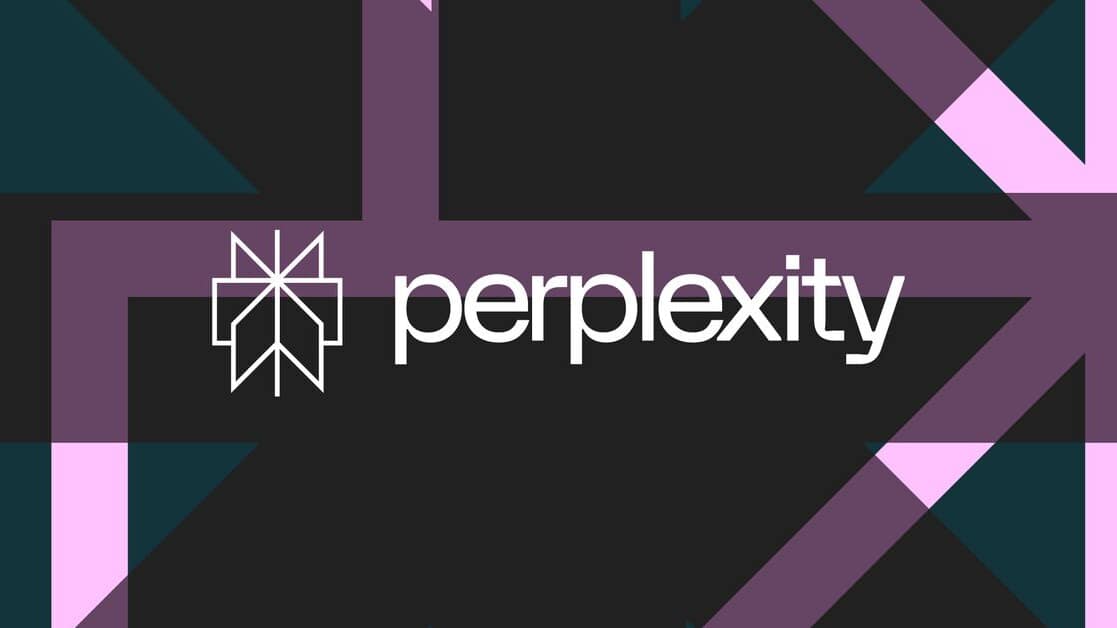
AI firm Perplexity starts ad revenue sharing amid plagiarism allegations
What's the story
Perplexity, an artificial intelligence (AI) firm, has launched a new initiative called the "Publishers's Program" in response to recent plagiarism allegations. The program is designed to share advertising revenue with its publishing partners. The group of partners includes prominent publications such as TIME, Der Spiegel, Fortune, Entrepreneur, The Texas Tribune as well as Automattic.
Revenue share
Program details and benefits for publishers
Dmitry Shevelenko, Perplexity's Chief Business Officer, confirmed that the program involves a multi-year agreement with a "double-digit percentage" revenue share. However, he did not disclose the exact terms of this deal. The agreement is consistent across all publishers and offers particularly favorable terms for the initial partners. Payments are made on a per-source basis, implying publishers are compensated for each article used in responses.
Added benefits
Additional perks and data insights for publishing partners
In addition to revenue sharing, publishing partners will also receive a free one-year subscription to Perplexity's Enterprise Pro tier and access to its developer tools. They will gain insights through Scalepost.ai, an AI start-up that facilitates partnerships between AI companies and publishers. This platform provides data such as how frequently a publisher's articles appear in search queries.
Allegations addressed
Response to plagiarism accusations
The launch of the program follows accusations from Forbes that Perplexity was plagiarizing its paywalled reporting in Pages, an AI-powered tool. WIRED also published an investigation alleging that Perplexity's AI was paraphrasing its stories with minimal attribution, and sometimes summarizing stories inaccurately. Shevelenko stated that work on this program began in January, well before these accusations surfaced.
Fair use
Stance on fair use and copyright law
Shevelenko expressed regret over the perception of Perplexity as plagiarizing journalists' work but defended the company's actions within the bounds of fair use and copyright law. He emphasized that Perplexity aims to build a profitable business by forming alliances with the media via long-term structures like ad revenue sharing. This approach is despite investor concerns about reduced profit margins compared to Google's model.
Market dynamics
Perplexity's future plans and market competition
Shevelenko acknowledged the competitive threat posed by OpenAI, which recently announced a prototype of its AI-powered search product, SearchGPT, along with its own publishing partners. He confirmed that Perplexity is working on giving publishers more control over their content, as long as it doesn't compromise the product's quality. However, he stressed that Perplexity wants to avoid allowing publishers to alter the answers provided by its AI.